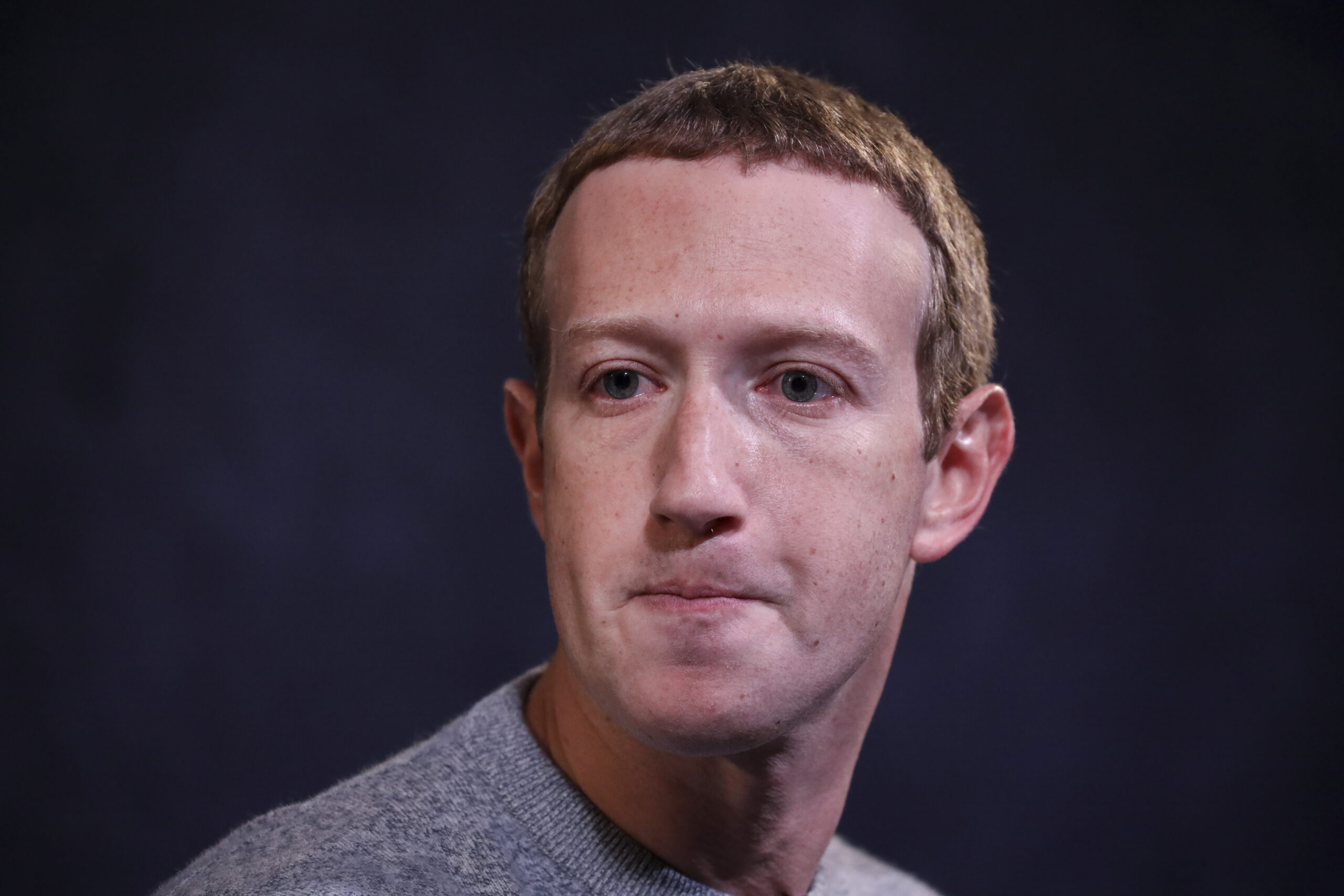The paper cuts have turned into a bloodbath for the Bay Area tech industry as business after business conducts deep layoffs and cost-cutting measures as an era of cheap money sustained by low-interest rates looks to be ending.
On Wednesday, Meta—the artist formerly known as Facebook—said it was laying off some 11,000 workers, around 13% of its workforce. That’s on top of major job cuts from other tech giants including payments unicorn Stripe, San Francisco’s largest private employer Salesforce and Twitter after its acquisition by Elon Musk.
The pullback reflects a crash to reality as confidence wanes about continuing exponential growth of a tech sector that remained largely immune to—and in many cases benefited from—the economic shocks caused by the pandemic. But the pain could be particularly acute for San Francisco and the Bay Area, where tech industry growth was a rare bright spot in the region’s uneven post-Covid recovery—for a time, anyway.
In a note to employees laying out the reasons for the layoff, which were the first major job cuts in the company’s 18-year history, Meta CEO Mark Zuckerberg said he made a miscalculation in hiring aggressively during the pandemic.
“Unfortunately, this did not play out the way I expected,” he wrote.
False Hopes
For a while, though, things were going according to plan. The Nasdaq index hit an all-time high in late 2021, and many tech companies were seeing record revenue growth. But that momentum started to reverse course as inflation spun out of control and the Federal Reserve began notching up interest rates.
“The pro-growth fiscal and monetary conditions that we saw in the pandemic spilled over into not just demand for technology and e-commerce, but also advertising,” said Ted Egan, the city’s chief economist.
Companies like Facebook, which earn most of their money through advertising, started feeling the pinch of rising interest rates and tighter ad budgets. Meta announced its first-ever year-over-year decline in advertising revenue in the second quarter of 2022, and competitors like Snap, Google and Twitter have all reported similar shrinkage.
Charles Dougherty, a senior economist at Wells Fargo, noted that the Bay Area’s unemployment rate is still lower than statewide numbers and the nation as a whole. But he said it’s probably only a matter of time before the tech layoffs start making a visible dent.
“Unfortunately, the tech sector is the wind beneath the wings of the Bay Area economy, and that breeze does appear to be dying down,” Dougherty said.
Mea Culpas
Zuckerberg’s admission of overoptimism echoed sentiments from other CEOs.
In a note, Stripe CEO Patrick Collison said that he and cofounder John Collison were “fully responsible” for the company’s 14% layoff last week. After the Twitter layoffs, former CEO Jack Dorsey apologized in a tweet saying he “grew the company size too quickly.”
Other signs of this whiplash are easy to find. See Patreon, who said it planned to double its headcount over 2022 before laying off 17% of its employees in September. Or Twilio, which more than doubled its workforce across 2020 and 2021 before announcing its own layoffs impacting 11% of its workforce.
“Twilio has grown at an astonishing rate over the past couple years,” Twilio CEO Jeff Lawson wrote in a blog post. “It was too fast, and without enough focus on our most important company priorities.”
One reason why tech companies are sensitive to interest rate hikes, according to Egan, is that risky investments like the near-unlimited amount of venture capital that fuels the local startup ecosystem become much less attractive.
“Are we looking at a correction of the past two years, or are we looking at the correction of the past 12 years?” Egan said.
The Bay Area still remains the center of the venture capital world, but investors have begun to pump the brakes in recent months. In San Francisco, total VC investments were down 54% and overall deal flow was off by 40% for the third quarter.
RIP Good Times
On tech forums like Blind, wide-ranging layoffs have led to prognostications about a “dot-com 2.0” bubble burst amid a growing consensus by economists that a mild to moderate recession will happen next year.
Most experts say that worries of a major tech bust are largely unfounded, pointing to the fact that the tech sector is much more robust and mature than it was 20 years ago when the dot-com bubble burst. Venture capitalists are also waiting in the wings with billions in dry powder.
But even if a catastrophic crash doesn’t come to pass, the bloodletting is likely to continue, said Asheesh Birla, a board member of Ripple Labs and an angel investor. And remaining employees may find they have less leverage than before.
“Given the young nature of the tech workforce, many of them have only seen good times,” Birla said. “But once the Meta cafeteria stops serving fresh açaí bowls, reality will hit for many tech workers.”
